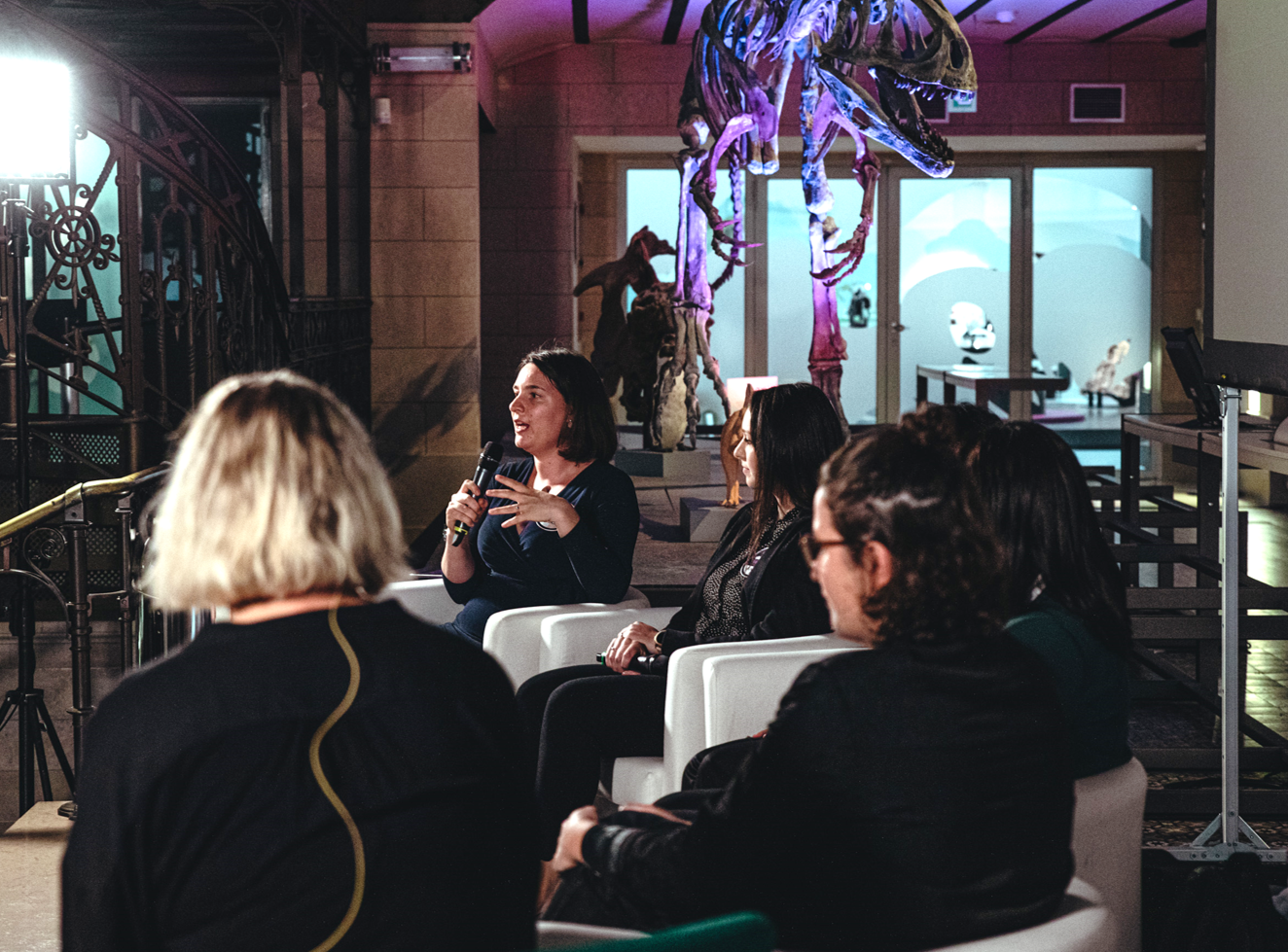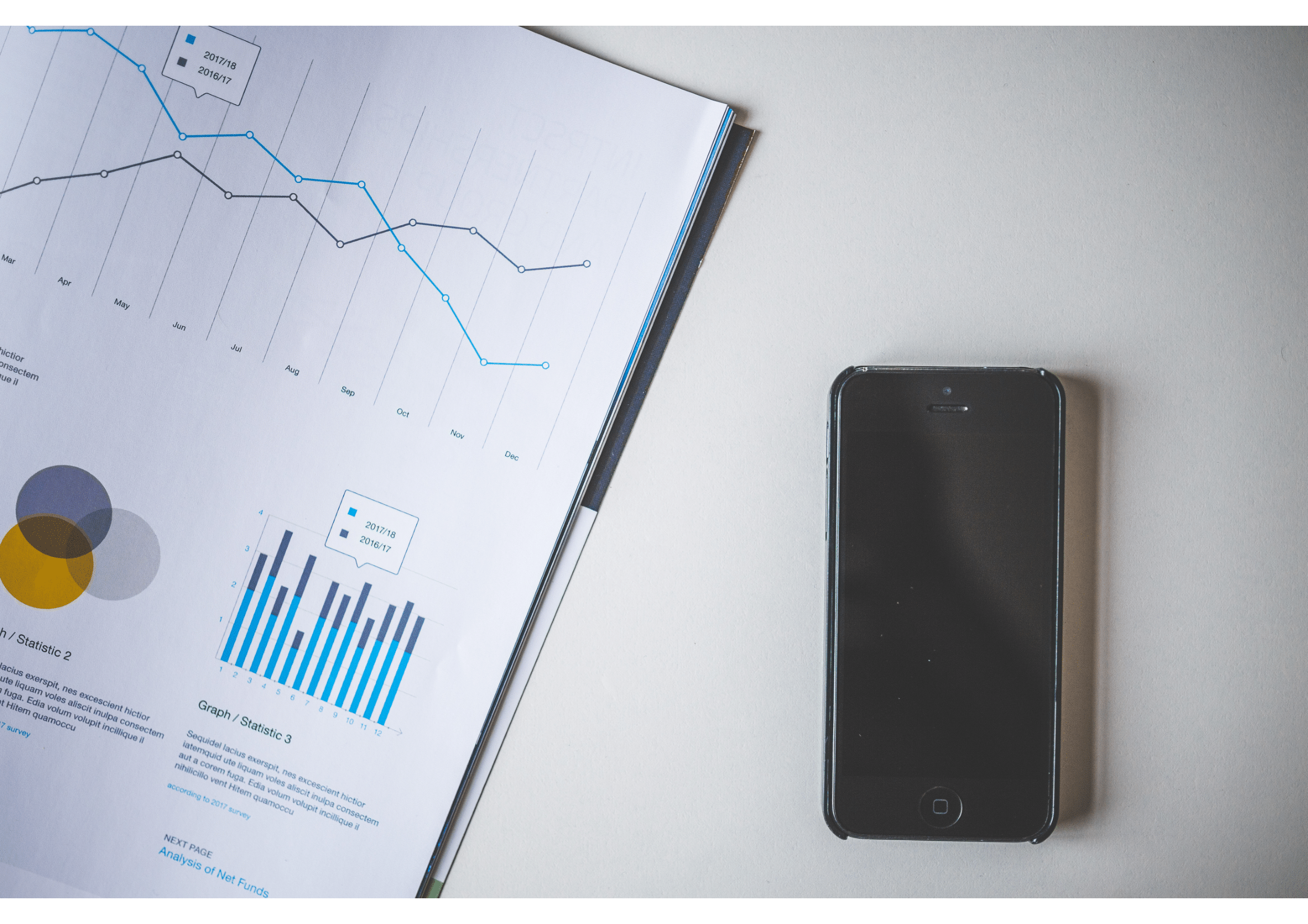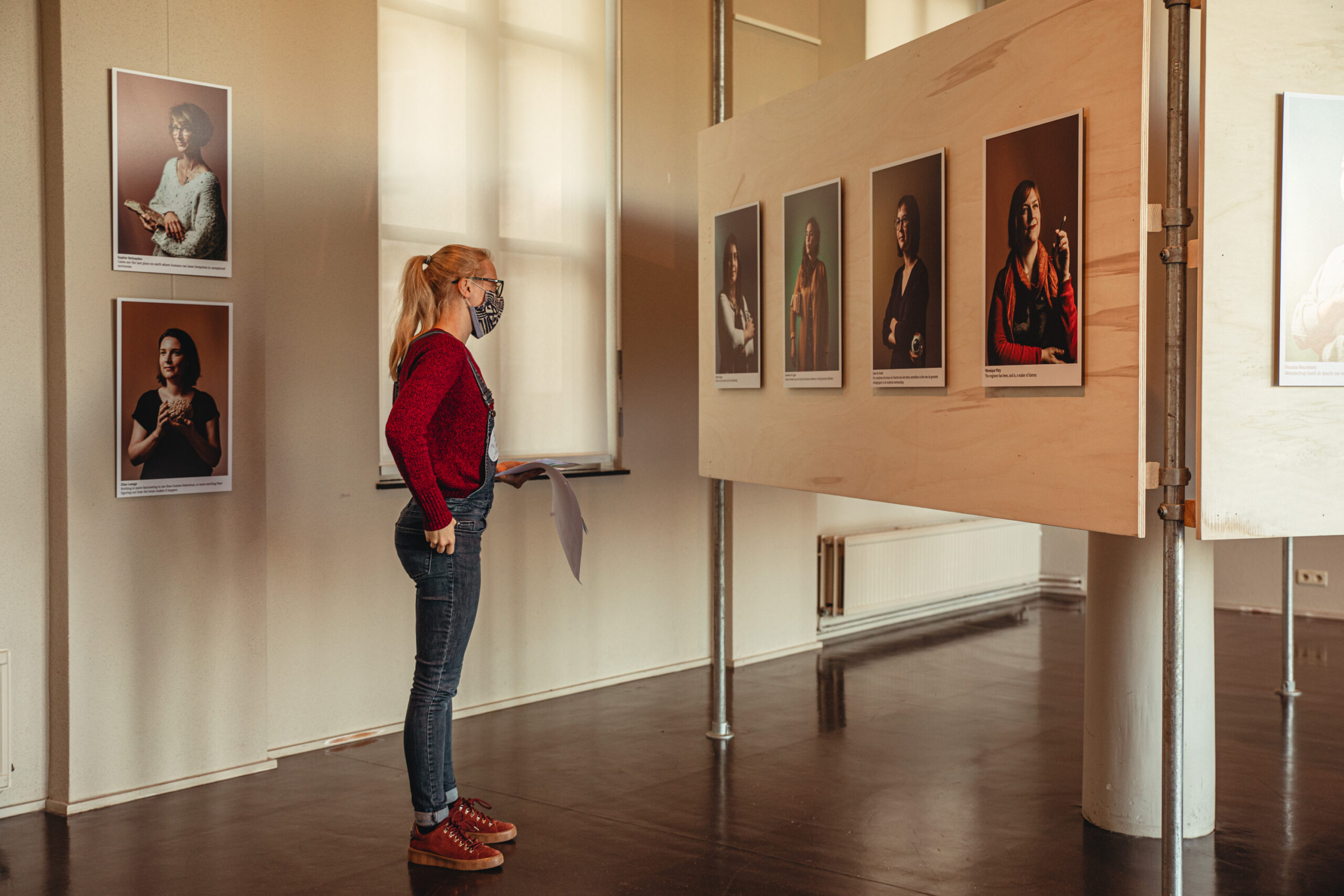Gender-Fair Recruitment in Academia
Selection panels, supervisors, students, human resources and institutions can use these robust tools and tips to increase gender-fair recruitment in academia
• Jonge Academie (JA) toolbox (English and Dutch)
• Jonge Academie – VLIR Charter
• GEAR action toolbox (in English)
• NWO Inclusive Assessment guidelines (in English)
• NWO Group Dynamics in Evaluation Committees: video tutorial (in English)

Women Experts Databases
Cannot find women experts to contribute to your event? No excuse, consult these databases and reach out.
- Expertes.Brussels in Brussels (Amazone vzw – asbl)
Expertes.brussels is a database that highlights more than 200 women who live and/or work in Brussels in order to give them the visibility they deserve.
- Expertendatabank in Flanders
The Expertendatabank aims to make diverse voices heard in media and on congressional podiums. Specifically, we focus on promoting greater visibility for women, people with migration backgrounds, and individuals with disabilities, among other underrepresented groups. We invite you to join us in this effort to create a more representative and inclusive public sphere.
- Brussels Binder in Europe
The Brussels Binder is the go-to resource for improving gender diversity in policy debates. Good policy comes from innovative ideas, new perspectives and fresh analysis that reflect the diverse societies it impacts.
Are you a young professional or an experienced speaker? Register as an expert.
Register yourself as an expert in the Flemish ‘expertendatabank’ and make yourself more easy to find for Flemish media and conference organisers
Quote from the organisers (in Dutch): “Diversiteit is een groeikans voor de samenleving en staat hoog op de agenda. Maar die diversiteit is lang niet altijd zichtbaar. Zeker niet als het gaat over vrouwen, mensen met een migratieachtergrond of mensen met een handicap die als expert in de media of als spreker op congressen aan bod komen. Toch zijn die er wel! De expertendatabank wil die andere stemmen zichtbaar maken, hun stem laten horen in media en op congres podia en stereotypering tegengaan. Via de zoekfunctie vind je als ingelogde gebruiker bijna 1000 diverse stemmen in de databank.”

Statistics and studies
How good (or bad) is the situation? Consult facts and figures on gender equality in Belgium, Europe and beyond.
- Europe’s She Figures 2021 and She Figures 2018
The ‘She figures’ publication provides a range of indicators on gender equality in research and innovation at pan-European level. It aims to give an overview of the gender equality situation, using a wide range of indicators to examine the impact and effectiveness of policies implemented in this area.
On this page, you can find the yearly reports on gender equality at the 7 French-speaking Belgian Universities, based on eleven key indicators. In addition, the reports bring together good practices for the promotion of gender equality, developed at the institutional level (governance, diagnosis, communication), at the staff level (recruitment/promotion, work-life balance, mobility), in teaching (teaching offer, awareness-raising), in research and in services to society.
The rectors of the five Flemish universities signed a charter on Gender in Academia on 26 June 2019. It builds on the universities’ ongoing efforts and aims to accelerate the transition to gender equality in academia. In recent years, the five universities made progress in this area in the various staff departments. However, if the current course is maintained, it will take at least until 2050 before there can be actual gender balance among academic staff in our universities. Therefore, in 2019, the rectors decided to sharpen their commitments to more gender equality and shift up a gear where necessary.
- A Report on Women in Polish Political Science, from Diagnosis to Cooperation, Agata Włodkowska-Bagan and Małgorzata Winiarczyk-Kossakowska, 2019
The perception of women has changed in many areas of public life, including in scholarship in general, and in political science. Gender is still a factor influencing access to power at institutions of higher learning, hampering the advance of academic careers, and affecting other areas of socio-economic life.
This publication is an attempt to diagnose the situation of women political scientists employed at 22 public institutions of higher learning in Poland. We hope that the findings will allow us, women political scientists, to better understand each other, strengthen collaboration, and—above all—to show what we have to overcome and how to deal with the challenges on a nationwide basis. We also hope that our findings will lead to further discussion about Polish political science, women political scientists, and women in scholarship.
- Understanding and encouraging women in STEM in the USA, an overview by moneygeek with insights from the American Association of University Women
The lack of women in science, technology, engineering, and mathematics is nothing new, but federal efforts in the last decade have reignited the conversation and addressed the gender gap in STEM fields. Many business leaders and tech entrepreneurs have also stepped up to help diversify the industry. Yet despite these recent initiatives, women are still heavily underrepresented. Learn more about women in STEM, including what types of resources are available to help budding female STEM professionals break barriers.
- A Guide for Women in STEM: Closing the Gender Gap published by Masters in Data Science
As stated by Sheryl Sandberg, “We need women at all levels, including the top, to change the dynamic, reshape the conversation, to make sure women’s voices are heard and heeded, not overlooked and ignored.”
There is an array of barriers that women in STEM face from educational opportunities to occupational prospects. Become aware of the challenges that women in STEM face and learn about how to close the gender gap.

Associations and Networks
Together toward gender equality in scientific careers: connect with networks that are meaningful for you.
Institute for the Equality of Women and Men
European Platform of Women Scientists
Web Portal for Advancing Women in the Workplace
Gender Awareness Participation Process
Women in Physics at the Australian National University
Association Femmes et Sciences
Women in Technology and Science
Association for Women in Science
Netwerk voor Informaticae, Mathematicae en Fysicae

History of Women in Science and Female role Models
During WiseNight 2021 (European Researchers’ Night science festival), BeWiSe created an art exhibition showing portraits of 30 female scientists active in Belgium, photographed by Michiel Devijver. Find out more about these female role models in the accompanying podcasts and videos.
Online sources about female role models
- Book tip: Women in the History of Science (Wills et al.)
Women in the History of Science brings together primary sources that highlight women’s involvement in scientific knowledge production around the world. Arranged by time period, covering 1200 BCE to the twenty-first century, and across 12 inclusive and far-reaching themes, this book is an invaluable companion to students and lecturers alike in exploring women’s history in the fields of science, technology, mathematics, medicine and culture. While women are too often excluded from traditional narratives of the history of science, this book centres on the voices and experiences of women across a range of domains of knowledge.
- First computer programmer: Ada Lovelace
“Ada Lovelace has been called the world’s first computer programmer. In the 1840s, she wrote the world’s first machine algorithm for an early computing machine that existed only on paper. Lovelace was a brilliant mathematician, thanks in part to her privileged birth.”
“Throughout history, women who wanted to participate in physics have faced a relentless obstacle course of social disapproval, educational inequity, and downright discrimination.”
Do you have any suggestions to add to this list? Send us an email at info@bewise.be

Coaching and guides for Women in STEM
Looking for online coaching or a guide for women in STEM? Several Universities offer information, guidelines and online training.
- Arizona State University Career Wise
- Maryville University’s A Guide to Women in STEM
- Book tip – How to Be Successful without Hurting Men’s Feelings: Non-threatening Leadership Strategies for Women (Sarah Cooper)
Do you have any suggestions to add to this list? Send us an email at info@bewise.be
